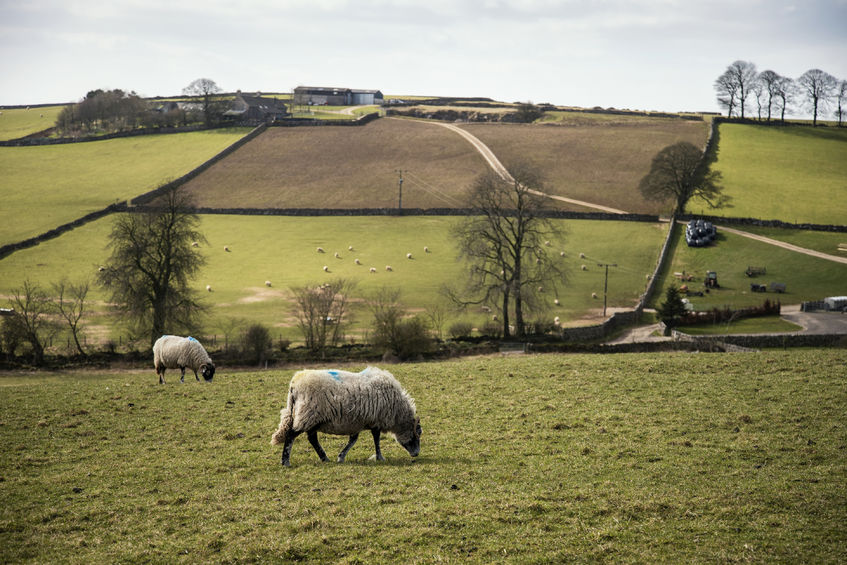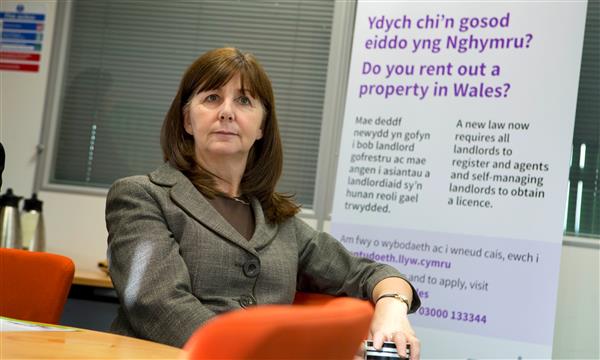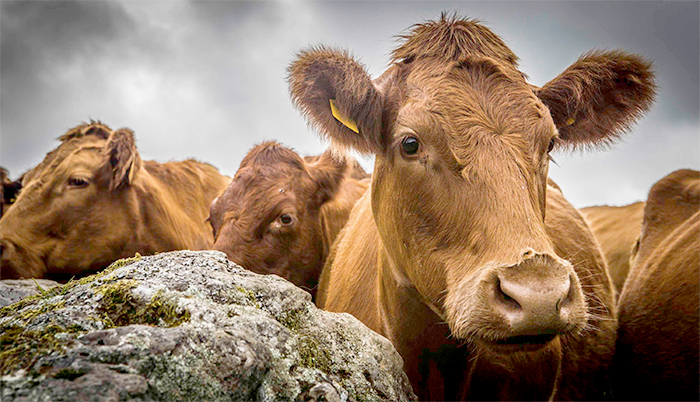
The Farmers Union of Wales will meet with the Rural Affairs Secretary Lesley Griffiths on Monday (August 15) to discuss importance of agriculture.
A delegation of Farmers’ Union of Wales officials will meet with Cabinet Secretary for Environment and Rural Affairs Lesley Griffiths to discuss the wider economic and social importance of agriculture to the rural and urban economy as well as the impact of Bovine TB.
The meeting will be held at Llwyncelyn Lan farm, Llanfyrnach – home of FUW Deputy President Brian Thomas who has been farming here since 1988.
The delegation will then visit Mansel Davies & Son Ltd to discuss the history and nature of the business and its interrelationship with the agricultural industry and rural economy.

Brian Thomas, who farms 280 acres, 30 acres of which is woodland, in North Pembrokeshire, runs a herd of 100 beef shorthorn cattle and a flock of 300 ewes, with cereals also being grow.
He was elected as the Union’s Deputy President in 2015 at the Annual General meeting.
Brian is a past County Chairman of the FUW in Pembrokeshire and was elected South Wales Member of the Central Finance and Organisation Committee in 2011.

Risks to jobs and local economy
Speaking ahead of the meeting about why farming matters to our rural economy, FUW Deputy President Brian Thomas said: "Much political and media attention has recently been focussed on risks to jobs and the local economy in and around the M4 corridor in south Wales – and quite rightly so.
"But you may be surprised to learn that there are almost as many people engaged in the milk industry in Pembrokeshire as there are people making a living in our Welsh steel industry.
"Yet there is a clear imbalance in political focus for supporting these two very important industries – an imbalance which also extends to all our agricultural sectors.
"We want to see the value and importance of the rural economy truly recognised, and to build a visible and valued Rural Powerhouse.
"The Rural Powerhouse we envisage will take all that is valuable in our rural economies and maximise their outputs and impact.
"It will recognise the interactions that exist in rural Wales, the communities that work and live together, the networks that support each other and of course the importance of rural Wales to our culture."
Consequences of Bovine TB
Bovine TB is also a subject which Brian is passionate about.
When his herd went down with the disease in the late 1990s he commented in interviews that the disease would be more of a problem than BSE would ever be if it was not tackled.
Unfortunately, for many he has been proven right and currently he sits on the local working group for the Assembly’s Bovine TB Intensive Action Area in North Pembrokeshire, representing farmers in the area.
"We know that our current rates of bovine TB will pose a significant threat to our exports once we are outside the EU, unless we make significant inroads towards eradication.
"The FUW’s longstanding policy on proactively managing the wildlife disease reservoir has been well publicised.
"If we do not change our policy on the wildlife vector, our exports to the European Union, in a post-Brexit world, are under considerable threat.
"I look forward to welcoming the Cabinet Secretary here to the farm to discuss these issues with her in more detail and highlight that we need to nurture our farming sector to ensure that money keeps flowing through the rural economy so that we can protect and improve domestic food security," said Brian Thomas.
